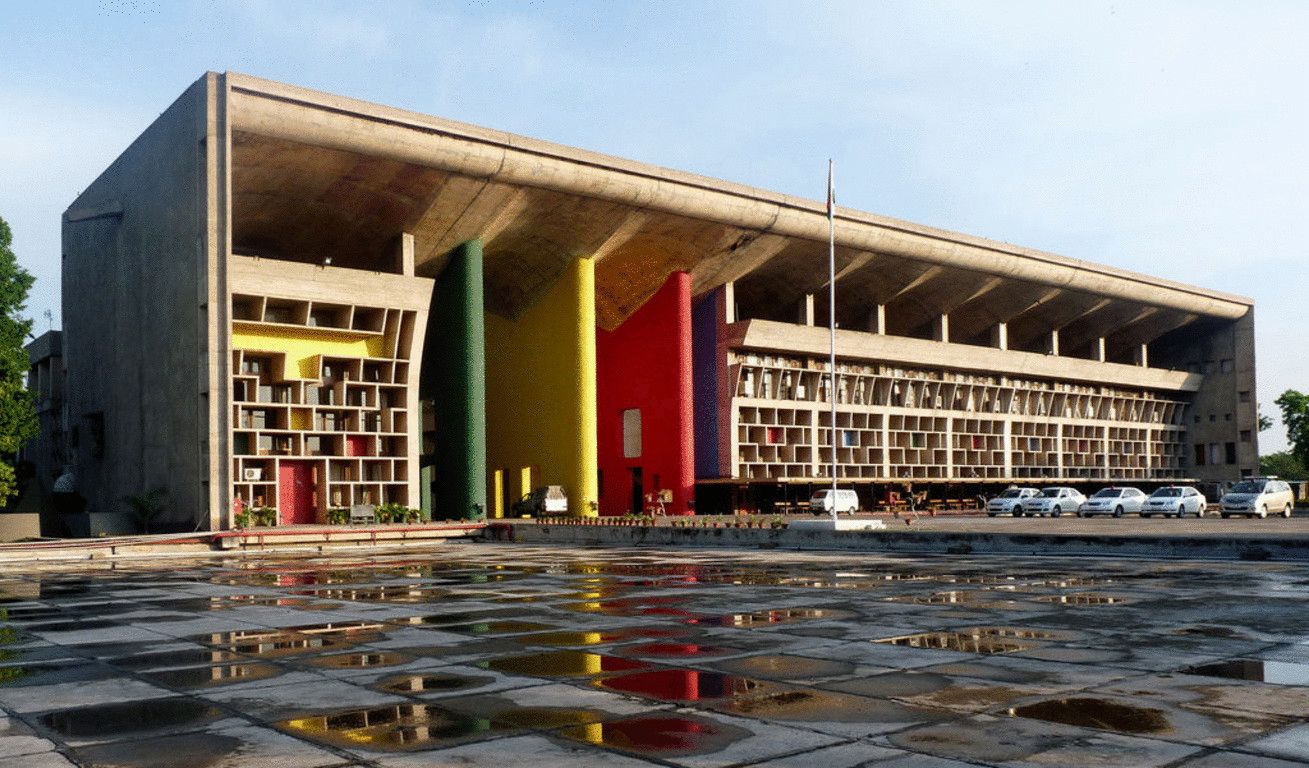Punjab & Haryana HC: Non-framing of Charge Does Not Vitiate Trial if No Prejudice Caused to Accused

Case Name: Sanjay Kathuria v. State of Haryana
Date of Judgment: January 10, 2020
Citation: CRM-M-49051-2018 (O&M)
Bench: Hon’ble Mr. Justice Anil Kshetarpal
Held: The High Court held that failure of the trial court to formally frame charges does not automatically nullify prosecution evidence or vitiate the trial if no prejudice is caused either to the accused or to the prosecution. The Court emphasized that speedy trial is a fundamental facet of Article 21 of the Constitution, and procedural lapses must not obstruct justice unless they result in real prejudice or failure of justice. Referring to Sections 215, 216, 217, 240, and 464 CrPC, and the Supreme Court ruling in Willie (William) Slaney v. State of Madhya Pradesh (AIR 1956 SC 116), the Court reiterated that absence of charge is not fatal per se unless it misleads the accused or affects their defense.
Summary: The petitioner challenged the trial proceedings on the ground that the Magistrate had failed to frame charges before recording prosecution evidence in a warrant case involving offences under Sections 419, 420, 467, 468, 471, and 120-B IPC.
It was argued that since no formal charge was framed, the entire trial stood vitiated, as the accused had not been given an opportunity to plead guilty or claim trial. The Magistrate, however, noted that all prosecution witnesses had already been examined and cross-examined at length, and no prejudice had been caused to the accused.
The High Court analyzed CrPC provisions on framing of charge and recording of evidence, observing that the object of a charge is to inform the accused of the offence and give fair notice of the case. Where the accused is aware of the allegations, has had the benefit of full cross-examination, and no failure of justice is shown, absence of a formal charge order does not necessitate de novo trial or recall of witnesses. The Court stressed purposive interpretation of procedural law to advance justice and avoid unnecessary delay.
Decision: The High Court dismissed the petition, upholding the Magistrate’s order and holding that the trial would continue without recalling prosecution witnesses, as no prejudice was shown to have been caused by the non-framing of charges.